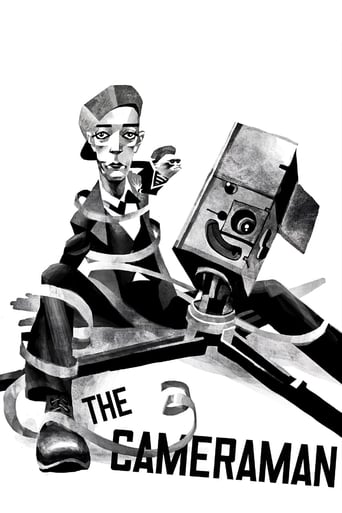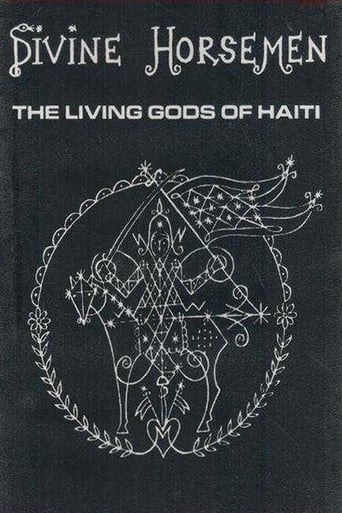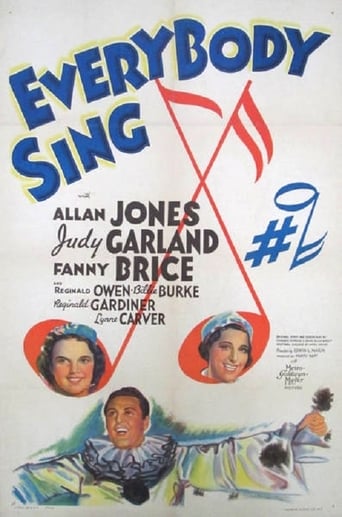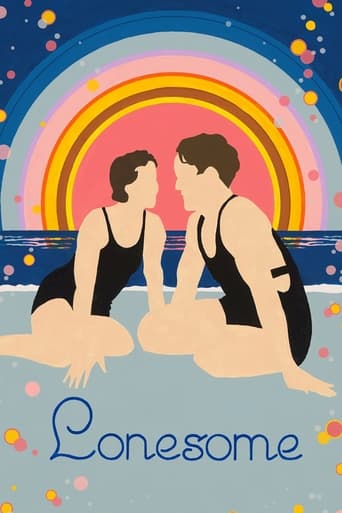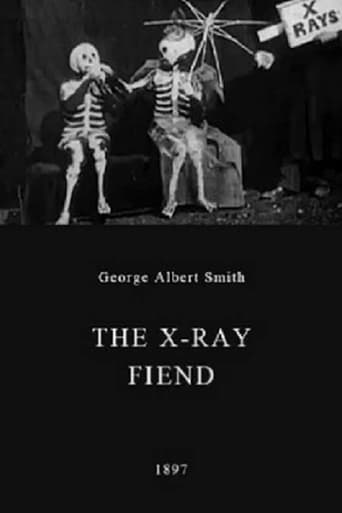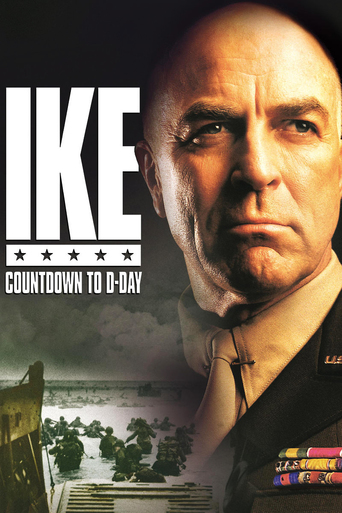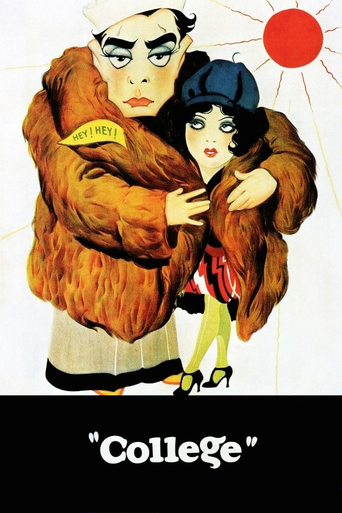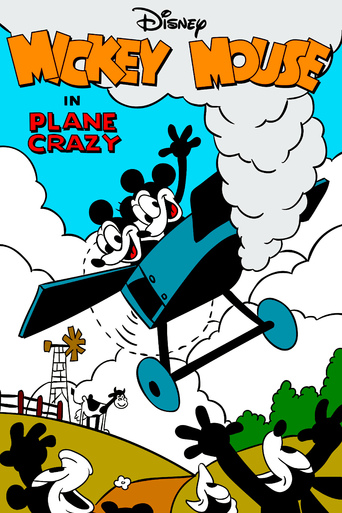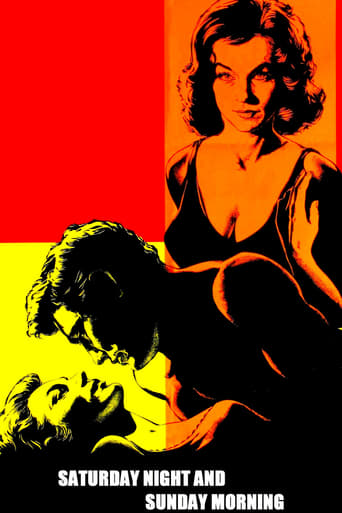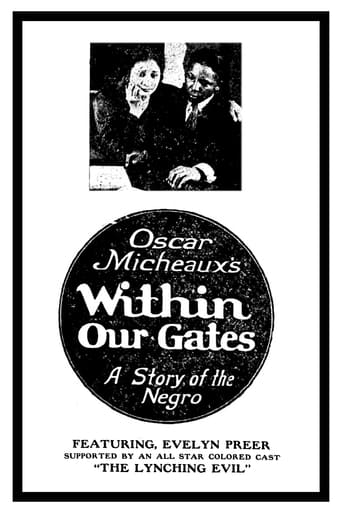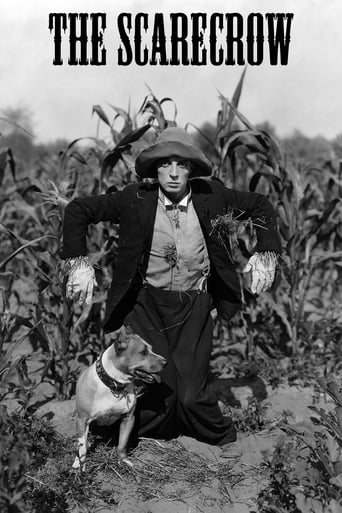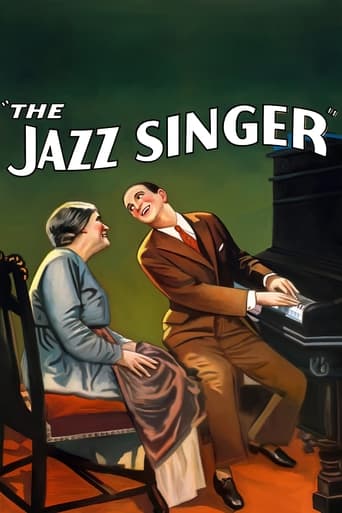


The Jazz Singer
A young Jewish man is torn between tradition and individuality when his old-fashioned family objects to his career as a jazz singer. This is the first full length feature film to use synchronized sound, and is the original film musical.
-
- Cast:
- Al Jolson , May McAvoy , Warner Oland , Eugenie Besserer , Otto Lederer , Robert Gordon , Richard Tucker


Similar titles
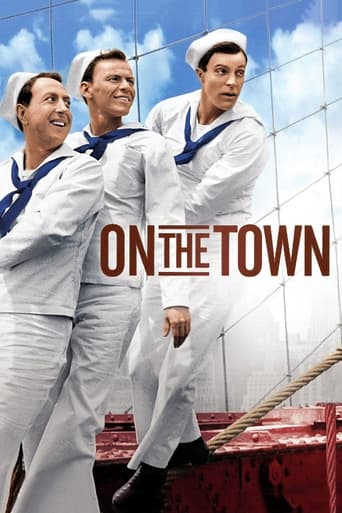
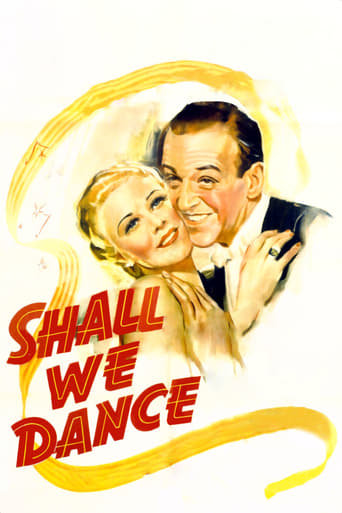
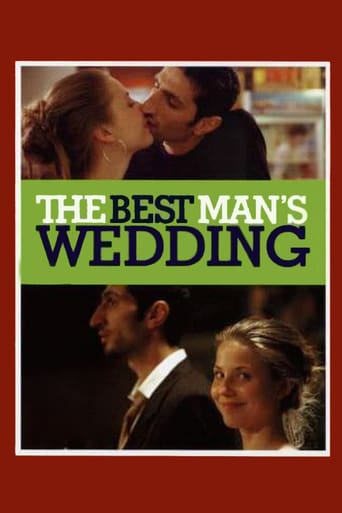
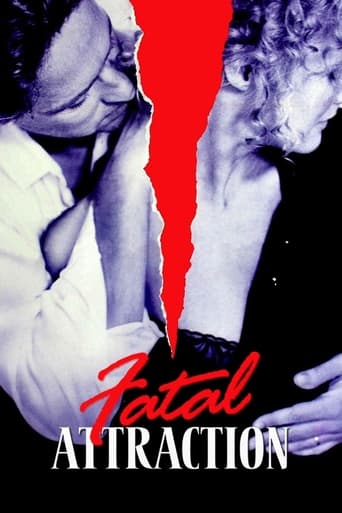
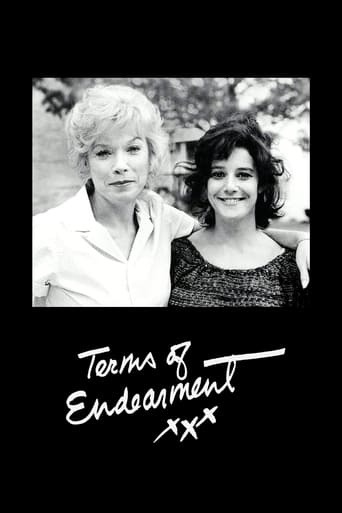
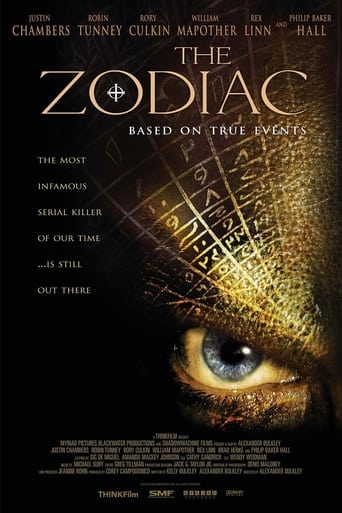
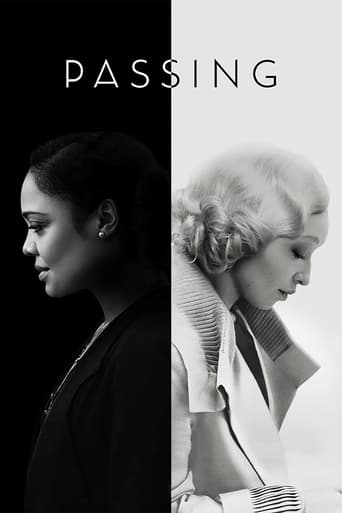
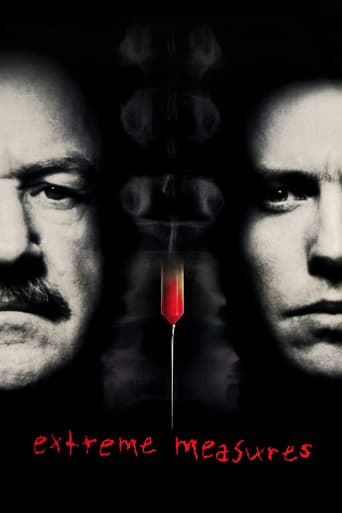
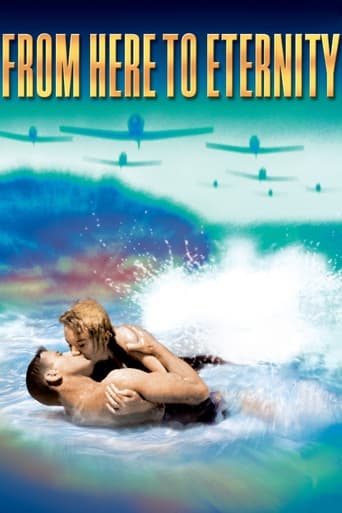
Reviews
Sadly Over-hyped
Just perfect...
It's hard to see any effort in the film. There's no comedy to speak of, no real drama and, worst of all.
I didn’t really have many expectations going into the movie (good or bad), but I actually really enjoyed it. I really liked the characters and the banter between them.
In a review here on IMDb of Jerry Lewis' 1959 TV version of the Jazz Singer a reviewer stated that the Jazz Singer is a film very much of its time. I've now seen four versions: Lewis' TV adaption, the original with Al Jolson, the 1952 Danny Thomas version, the Neil Diamond 1980s version, and Jerry Lewis' TV adaption. I now understand why the Jazz Singer belongs to its original time period. It's not a story about a jazz singer - though all the versions over the years have kept the title. At first I thought it was Jolson's personality and performance that made the story legendary. Certainly the power of hearing Jolson sing was instrumental in making the original movie a sensation.The story is about the old clashing with the new: it's apt that it was chosen for Jolson's vehicle, part silent mixed with the scenes of Jolson singing (as I remember it, none of the scenes with sound were all dialogue: all featured singing, and two of the singing voices weren't Jolson's).It's also about the old generation clashing with the new generation: the father's old world cantor struggling with the son's new world show business song and dance man.The story doesn't really work in the later versions. Jerry Lewis was a good singer and he's fantastic in the opening sequence. But his version is really more about him as a comic. The Thomas version is bland and pedestrian. The Neil Diamond version is cheesy and unconvincing: for one thing, he's not a jazz singer, he's a pop singer. The later movies are dominated by the echoes of the elements of the Jolson movie, already clichés by the end of the 1920s: the big show, the big chance, the call to his father's deathbed, and the last scene with the son honoring the father.The original is charged by its reflections of Jewish culture: the big chance comes on the evening of Yom Kippur, and the son's reconciliation comes through performing his father's role of singing Kol Nidre and leading the evening services. For me one of the most powerful sequences of the movie doesn't feature Jolson singing: it's the scene in which his character hears Yossele Rosenblatt singing- in a theater, note, not in a synagogue. I realized that the Jazz Singer also echoes the anxieties of the first European born generation regarding the American born second generation: will they keep the traditions, or reject everything, including morality and religious belief. The 1950s versions- both the Thomas movie and Lewis' TV play- have a father who is evidently American as well. Hence the story doesn't have the resonance of the fears of adjusting to a new country and the freedom it brings. (Diamond's version features a father who is a Holocaust survivor, but as I remember it the movie doesn't greatly explore the father's ambivalence towards the openness of American society.)The later movies are also dominated by the echoes of Jolson's performance, not just his singing, but also in the scenes in which he pays tribute to his father and his heritage by leading the Kol Nidre service. It's both interesting and bizarre that in the closing of the Lewis version, Jerry Lewis is wearing cantor's robes and his clown makeup in the synagogue before the congregation- a reference to Jolson as a show business legend and to Jolson's performance as Jack Robin, the son conquering the new world with its modern new media, and at the same time continuing the culture of his heritage. The movie still has much to say to modern audiences. And despite the limitations of the early sound technology the outdated conventions of silent film acting and storytelling, and the numbers in blackface which are now seen as offensive, Jolson shines in the performance of his life.
The Jazz Singer (1927): Dir: Alan Crosland / Cast: Al Jolson, May McAvoy, Warner Oland, Otto Lederer, Richard Tucker: First successful sound film with Al Jolson playing a successful jazz singer who fled home at a young age. His father is a Cantor who believes that his son is debasing the voice that God gave him but his mother is supportive. He soon meets a woman who claims that "there are lots of jazz singers but you have a tear in your voice." They get acquainted and tour New York. When his father becomes ill he wishes for his son to perform his duties at the church. This leads to predictable circumstances and a questionable performance by Jolson in blackface. Well directed by Alan Crosland with terrific musical numbers that distract us from the fact that the screenplay really isn't that interesting. Jolson gives an inspiring performance as a man seeking direction but his blackface appearance is offensive and best left on the cutting room floor. His female partner encourages his talent towards his own independence. His parents on the other hand, are as idiotic as the blackface performance. His father is a stereotype with a stick up his ass who pushes his views on his son. His mother isn't much broader. In supporting roles are May McAvoy, Warner Oland and Otto Lederer. Overrated formula driven story highlighted by Jolson's energy and sincere song and dance. Score: 5 / 10
In NYC, child Jakie defies his father Cantor Rabinowitz, his culture and family tradition to sing in the ragtime jazz club. He runs away after a whipping by his father. Years later in Chicago, Jakie (Al Jolson) becomes singer Jack Robin. He's smitten with performer Mary Dale (May McAvoy) and she gets him an important opportunity.This is the first feature-length motion picture with synchronized dialogue sequences. There has been shorts with dialogue but this is considered the dawn of the talkies. Al Jolson's first line is "Wait a minute, wait a minute, you ain't heard nothing' yet" which is great on many levels. The story itself is nothing special but at least, it doesn't suck. For such an iconic movie landmark, it would be horrible if this movie is bad in any way. It's a musical with a couple of great songs. The blackface could be irksome for parts of modern audience but that's the style back in the day. It's not meant to be offensive. This is worthy movie for such a big technical signpost.
Seldom do I give a 10 star rating as few films are perfect, but this movie is as close to perfect as it could get for a silent film. The story line is sweet, the dubbed over original soundtrack is wonderful, making it interesting, and never left me wanting it to hurry up and end. Because this movie is available on Blu-ray, made it even better for having the quality it deserves. It certainly should be listed as a classic silent film in the top 100 of the genre. To rate this movie with just one word,"Fantastic", would be more than enough. It would be fair to say that this great early film is wonderful as the other top silent films of the age, such as the Big Parade, Wings, Sunrise, the Crowd and many, many others.

